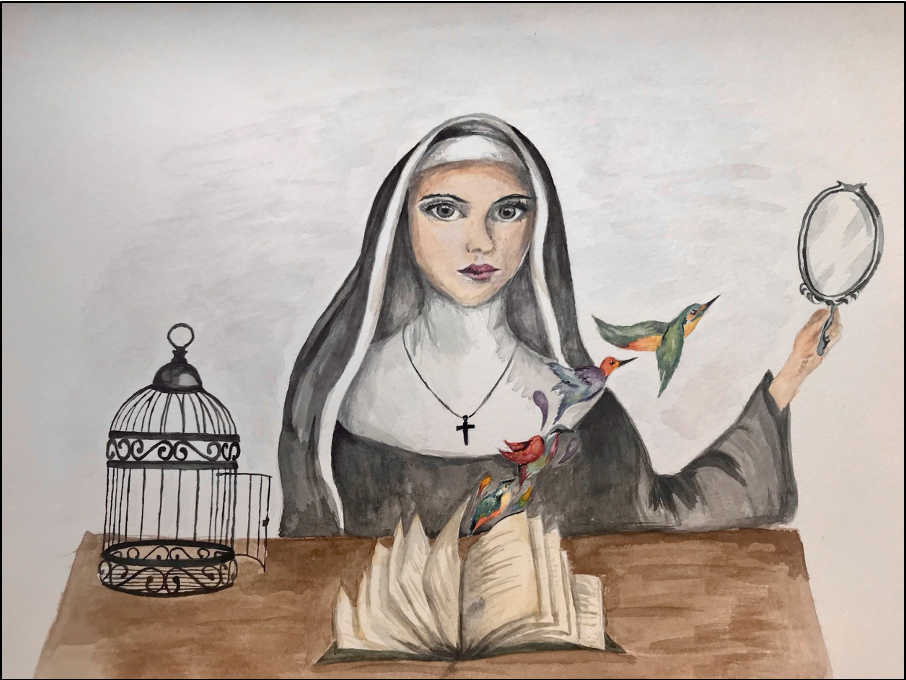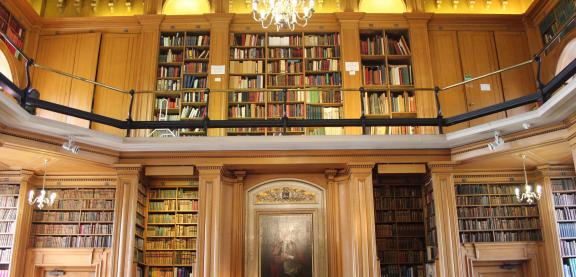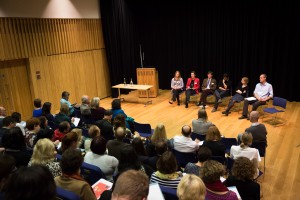
The British Academy has commissioned a major piece of research into the employment prospects for graduates with degrees in the arts, humanities and social sciences. One of the things they wanted to look into was what seems to be a pervasive idea, sometimes repeated to students seeking advice on A-level choices and university courses, that studying STEM subjects will give you significantly better career prospects than studying a humanities subject like English, history or modern languages.
So is that true? Are you really better off studying engineering rather than German? Maths rather than geography?
Well, short answer: no you aren’t. Humanities subjects were found to be level-pegging with STEM subjects in terms of their general employment prospects, and to have distinct advantages over STEM in certain aspects of your career.
I’d encourage you to have a look at the report itself, which you can find here. (You can also see it discussed by the UK press here.)
Some of the most important findings of the research are these:
- Graduates from arts, humanities and social science subjects appear to have more flexibility and choice in their career than STEM graduates. They’re more likely than STEM graduates to voluntarily move to different sectors of employment, or to change role in their job, and to do so without wage penalty.
- In the most recent statistics, 88% of UK humanities graduates were in employment, and 89% of STEM graduates. This suggests there isn’t a significant difference in employment prospects between the two fields.
- Of the ten fastest growing sectors in the UK economy, eight of them employ more graduates from the arts, humanities and social sciences than from other disciplines.
- There’s a strong link between the skills developed in university by humanities students and the top skills needed to thrive in 21st century work. The top five skills developed by humanities students are: becoming an independent learner, thinking critically and analytically, being innovative and creative, working effectively with others, and writing clearly and effectively. These match up closely to the seven skills found to be most important for 21st century work, which are: initiative and entrepreneuralism (independent learner), accessing and analysing information, and critical thinking and problem solving (thinking critically and analytically), agility and adaptability, and curiosity and imagination (being innovative and creative), collaboration and leadership (working effectively with others), and effective oral and written communication (writing clearly and effectively).
The British Academy sum up the findings of their report as follows:
Graduates who study arts, humanities and social science disciplines are highly employable across a range of sectors and roles. They have skills employers value – communication, collaboration, research and analysis, independence, creativity and adaptability – and are able to build flexible careers which may move across a number of areas of employment while remaining resilient to economic downturns. They are employed in sectors which underpin the UK economy and are among the fastest growing – financial, legal and professional services, information and communication, and the creative industries – as well as in socially valuable roles in public administration and education.
Young people chose to enter higher education for many reasons of which salary is only one, but it is a legitimate question to consider what the economic return is on the substantial investment which is a degree course, both in time and money. Overall, salary levels for arts, humanities and social science graduates are a little lower on average than for graduates in science, engineering, technology and medicine, but this top-level picture conceals complexity underneath. Consistently high salaries in medicine and dentistry drive much of the difference, while the other discipline areas which make up the two broad groups show far more variance in earnings within subjects. As individuals progress through the first ten years of their career, arts, humanities and social science graduates are able make strong progress up the career ladder into roles attracting higher salaries.
Whatever the future holds for the UK, it is our people, their skills, knowledge and attributes, that will ensure prosperity and wellbeing. We need to build an evidence-led, broad and balanced education and skills system to create the society we want to live in. The challenges the world is facing – climate change, global pandemics, the growth of populism – need the insights of the arts, humanities and social sciences as much as those from science, technology and engineering. The importance of a highly qualified and versatile labour force for productivity and economic growth cannot be underestimated. Our evidence shows that arts, humanities and social science graduates are central to this ongoing and long-term requirement. They are well equipped to profit from, and more importantly shape, the new opportunities of the future.








